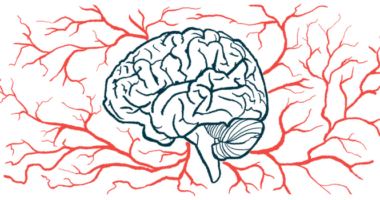
Experimental Treatments for Rett Syndrome
AMO-04
AMO-04 is an antidepressant being repurposed to potentially treat Rett syndrome. The active compound in AMO-04, is tianeptine, an antidepressive agent. It is a molecule that modulates the action of the neurotransmitter glutamate, vital to brain development and neuronal function. The potential therapy showed promise in animal models of Rett syndrome, but it has not yet been tested in patients with the disease.
Anavex 2-73
Anavex 2-73 is an investigational small molecule that targets a protein receptor called the sigma-1 receptor. This is a so-called chaperone, in that it guides newly synthesized proteins through a compartment in the cell called the endoplasmic reticulum, ensuring they fold correctly. By binding and activating this receptor, Anavex 2-73 may be able to reduce protein misfolding, potentially easing Rett symptoms. It is currently being tested in a Phase 2/3 trial.




